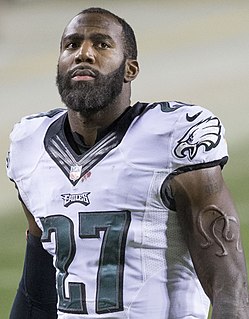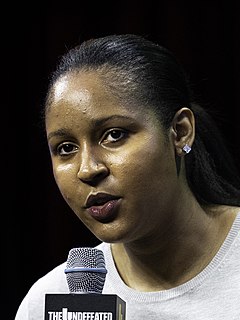A Quote by Kay Ivey
Both my strong faith in the Lord - and a heartfelt concern for basic human rights - gives me a sense of urgency to address our longstanding challenges within our criminal justice system.
Related Quotes
I think basic disease care access and basic access to health care is a human right. If we need a constitutional amendment to put it in the Bill of Rights, then that's what we ought to do. Nobody with a conscience would leave the victim of a shark attack to bleed while we figure out whether or not they could pay for care. That tells us that at some level, health care access is a basic human right. Our system should be aligned so that our policies match our morality. Then within that system where everybody has access, we need to incentivize prevention, both for the patient and the provider.
Our current criminal justice system has no provision for restorative justice, in which an offender confronts the damage they have done and tries to make it right for the people they have harmed. [...] Instead, our system of "corrections" is about arm's-length revenge and retribution, all day and all night.
































